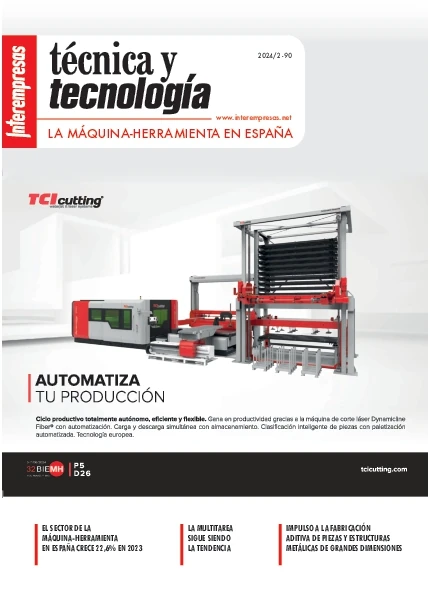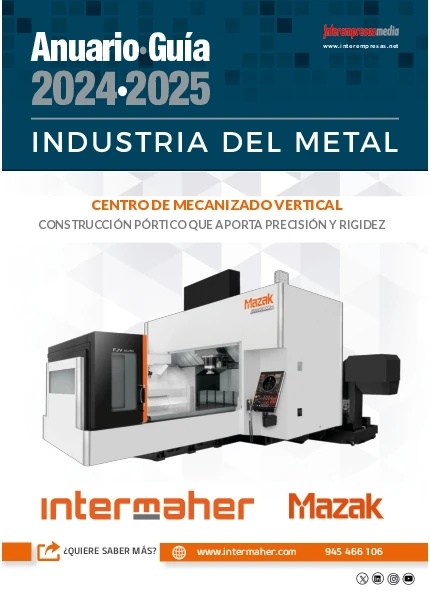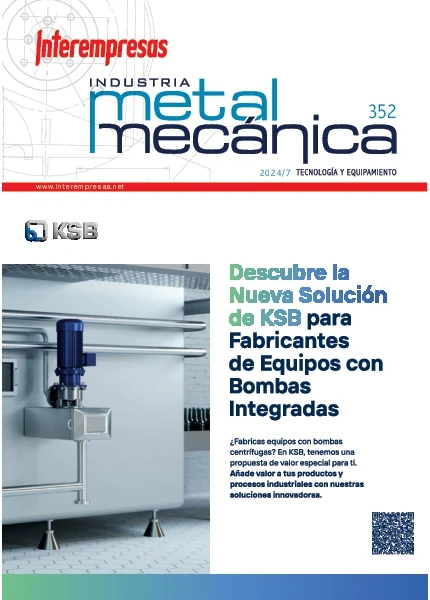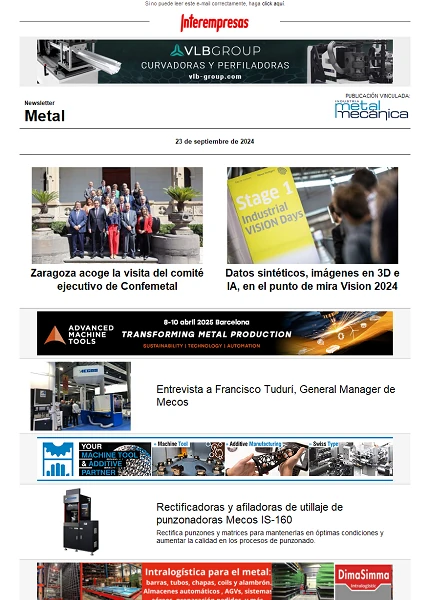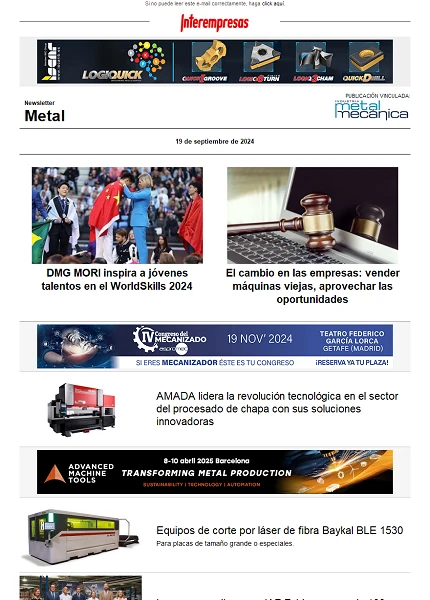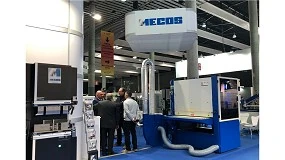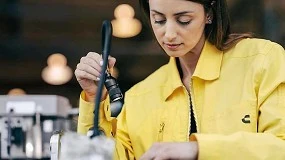Fabricación “a la carta” de electrodos en la escala atómica
25 de noviembre de 2010
Uno de los problemas decisivos en nanotecnología es la formación de contactos eléctricos a escala atómica. Esto exige caracterizar en detalle la corriente que fluye a través de circuitos extremadamente pequeños, tan pequeños que sus componentes llegan a ser átomos individuales o moléculas. Es precisamente en la pequeñez del sistema, típicamente de dimensiones nanométricas (1 metro = mil millones de nanómetros), donde radica la dificultad de este problema aún no resuelto. En particular, en uniones formadas por una sola molécula se ha comprobado que el número de átomos individuales que forman el contacto y sus posiciones son cruciales a la hora de determinar la corriente eléctrica que puede pasar. Hasta ahora, no ha habido ningún experimento donde se hayan podido controlar estos parámetros con suficiente precisión.
Gracias a una colaboración entre científicos en San Sebastián y en la Universidad de Kiel (Alemania) se ha podido demostrar que es posible determinar y controlar el número de átomos en el contacto entre una molécula y un electrodo metálico de cobre, tal como se muestra en la figura, mientras se registra simultáneamente la corriente que pasa a través de la unión*. De esta forma, estos científicos han descubierto y explicado los cambios que sufre la corriente eléctrica que atraviesa una unión molecular (metal/molécula/metal) dependiendo del área de los contactos que unen la molécula a los electrodos metálicos. Lo esencial es que, cambiando el número de átomos en contacto con la molécula de uno en uno, se pasa de un régimen de baja (mal contacto) a otro de alta (buen contacto) conducción. En el mal contacto la corriente está limitada por el área del contacto, mientras que para un buen contacto la corriente está limitada por las propiedades intrínsecas de la molécula.
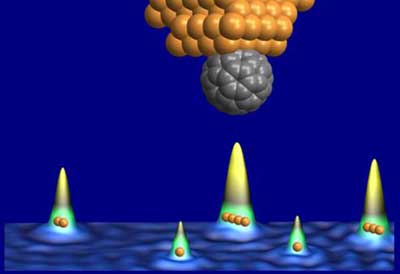
Figura: Representación gráfica de una punta de microscopio de efecto túnel (STM) con una molécula de C60 en su ápice sobre una superficie de cobre, que ha sido manipulada en la escala atómica para construir agregados con distintos números de átomos de cobre. Dichos agregados son utilizados para hacer el contacto entre la molécula y la superficie metálica. La superficie coloreada que aparece en la parte de abajo muestra una imagen real obtenida con el STM de la superficie de cobre y de varios agregados metálicos depositados sobre ella.
(*) Atomic-scale engineering of electrodes for single-molecule contacts, G. Schull, Th. Frederiksen, A. Arnau, D. Sanchez-Portal, R. Berndt, Nature Nanotech. (in press).
El doctor Thomas Frederiksen, que actualmente trabaja en el Donostia International Physics Center (DIPC) como 'Fellow Guipúzcoa' en el programa financiado por la Gipuzkoako Foru Aldundia, ha sido uno de los científicos que ha participado en este proyecto en colaboración con el doctor Daniel Sánchez Portal del Centro de Física de Materiales del Centro Mixto CSIC-UPV/EHU y el profesor Andrés Arnau del Departamento de Física de Materiales en la Facultad de Química de la UPV/EHU. Los resultados han sido publicados en la prestigiosa revista Nature Nanotechnology.
Investigadores.
El trabajo es un ejemplo de los frutos de una alianza estratégica de la Universidad del País Vasco con el Donostia International Physics Center (DIPC) y con Tecnalia Corporación Tecnológica, articulando un proyecto conjunto, Euskampus, que ha obtenido el reconocimiento Campus de Excelencia Internacional.



